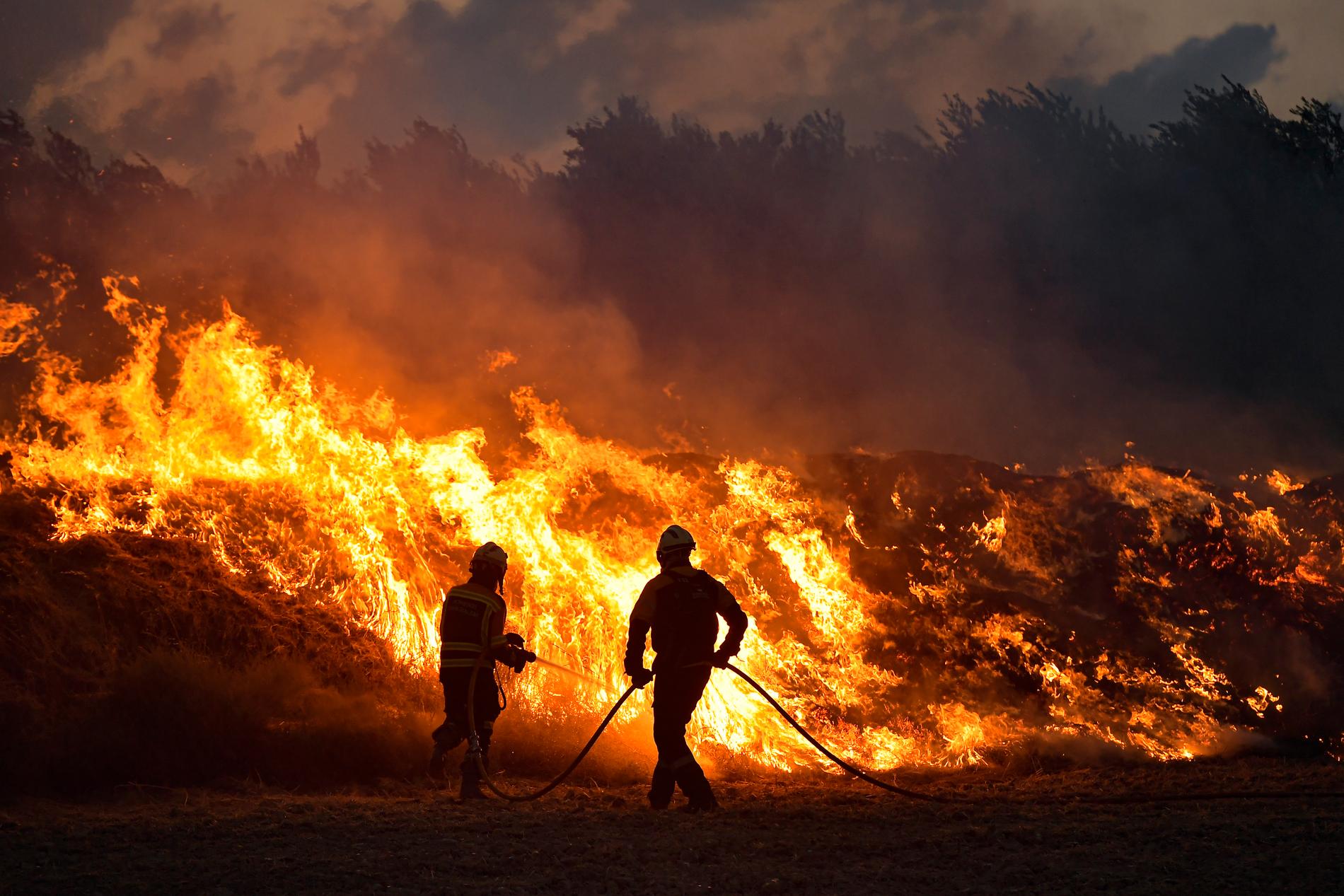
El Nino
New heat records shock scientists - "Completely bananas"
Daniel Nilsson
Updated 13.38 | Published 11.59
News
The month of September brought record temperatures all over the world.
Global warming is now shocking climate scientists.
- As a professional climate scientist, I have to say that these numbers are completely bananas, says Zeke Hausfather at Berkley Earth.
The previous month was the warmest September ever recorded.
The average temperature was 16.38 degrees, which is half a degree higher than the previous record for the same month.
This is shown by new statistics from the European climate service Copernicus.
The new figures are surprising climate scientists worldwide.
"This month was, in my professional opinion as a climate scientist, completely bananas," writes Zeke Hausfather, researcher at Berkley Earth in a comment on X.
The record temperature follows the pattern when both July and August were recorded as the warmest ever recorded.
Smoke over Manaus, Brazil after violent forest fires raging in the region. Photo: Edmar Barros / AP
Increased ten percent
During the summer and autumn, several European cities were affected by extreme weather, which resulted in large fires, hailstorms, drought and historically large floods. Looking at the temperature rise in Europe alone, the average was over one degree higher than the previous record recorded in 2020.
"I still struggle to understand how one year can be so much warmer than previous years," writes Mika Rantanen at the Meteorological Institute in Finland.
According to Rantanen, global warming has increased by ten percent since 1979.
Even researchers in Australia are shocked by the latest figures. There, several areas have increased between three and five degrees in different areas. “The deficit of precipitation is the basis of drought. The summer will be brutal," says climate scientist Joelle Gergis.
Firefighters battle one of August's blazes, north of Pamplona in Spain. Photo: Alvaro Barrientos/AP
Carbon dioxide emissions are pointed out
The heat is explained to be a result of the continued high emissions of carbon dioxide in combination with a fluctuation in the natural climate phenomenon El Niño. In previous years, the colder counterpart of La Niña has balanced out global warming through cooler ocean temperatures. During the year, the conditions have shifted in favor of El Niño, which instead releases ocean heat and drives up temperatures.
- The unprecedented temperatures for the season have broken records and 2023 is on track to be the warmest year at around 1.4 degrees above pre-industrial average temperatures. Two months after Cop28 (the United Nations Climate Change Conference), the sense of urgency for ambitious climate action has never been more important, says Samantha Burgess, Deputy Director at the Copernicus climate service, about the latest report.


Inga kommentarer:
Skicka en kommentar